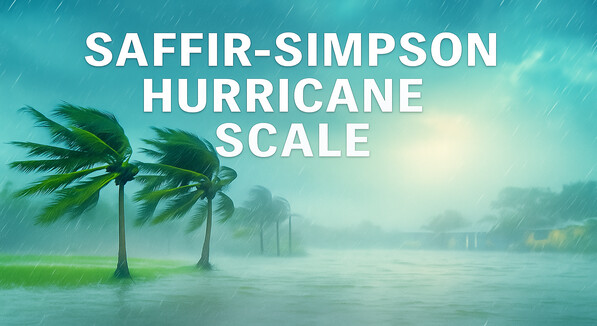
During hot weather in the extreme summer heat, keep informed by listening to local weather & news channels, monitor iAlert.com alert dashboard, and use common sense to protect yourself from the extreme summer heat. Tips to keep you safe….
Pre-hydrate, hydrate, and rehydrate
During hot weather you will need to increase your fluid intake, regardless of your activity level. Drink plenty of fluids in advance, during and after activities and don’t wait until you’re thirsty to hydrate. Warning: If your doctor generally limits the amount of fluids you drink or has prescribed water pills, ask how much you should drink when the weather is hot.
Dress for the heat
Wear lightweight, light-colored clothing. Light colors will reflect some of the sun’s energy. Limit your direct exposure to the sun and wear a hat for extra protection.
Monitor those at high risk
Extreme heat can be hazardous to your health and although anyone can suffer from heat-related illness, some people are at greater risk than others. Those most at risk for heat-related illnesses include children, older adults, those that work or exercise outside and those with pre-existing medical conditions.
Children, pets, and cars – use common sense
Never leave infants, children, pets or the elderly in a parked car where temperatures can become life-threatening in minutes, even with the windows rolled down. Additionally, hot interior surfaces of a car can burn a child’s skin. Before you put your child in a car that has been parked in a warm/sunny spot, check the temperature of the carseat or upholstery first.
Avoid strenuous activity
When possible, strenuous activities should be reduced, eliminated or rescheduled to the coolest part of the day. Take regular breaks when exercising or engaged in physical activity on warm days. If you recognize that you, or someone else, is showing signs of a heat-related illness, stop the activity immediately, find a cool place to rest, hydrate and seek medical attention if necessary.
Remember, heat stroke is a MEDICAL EMERGENCY that can be fatal if not treated promptly. The American Red Cross advises that warning signs can vary among individuals but common signs of heat exhaustion or heat stroke may include:
Heat Exhaustion:
- Heavy sweating
- Muscle cramps
- Pulse rate: fast and weak
- Breathing: fast and shallow
- Nausea or vomiting
- Fatigue
- Weakness
- Headache and/or dizziness
Heat Stroke:
- An extremely high body temperature (above 103 degrees)
- The absence of sweating
- Rapid pulse
- Difficulty breathing
- Throbbing headache
- Strange behavior and/or hallucinations
- Confusion, agitation and disorientation
- Unconscious
Be a good neighbor
Isolated, elderly adults are at a much higher risk of health-related issues. Be a good neighbor and take a minute to check in with your neighbors.
Remember your pets
Hot weather can affect the well-being of pets making them susceptible to overheating which can lead to very dangerous heat stroke. Always provide a source of water and a cool, ventilated place for your pet. Leaving your pet inside a parked car, even for a few minutes, can be fatal. The inside of a car can reach 120 degrees in a matter of minutes.
Stay indoors, if possible
Stay indoors and, if possible, in an air-conditioned place. If your home does not have air conditioning, consider going to the shopping mall, community center or public library. Even a few hours spent in air conditioning can help your body stay cooler when you return to the heat.



